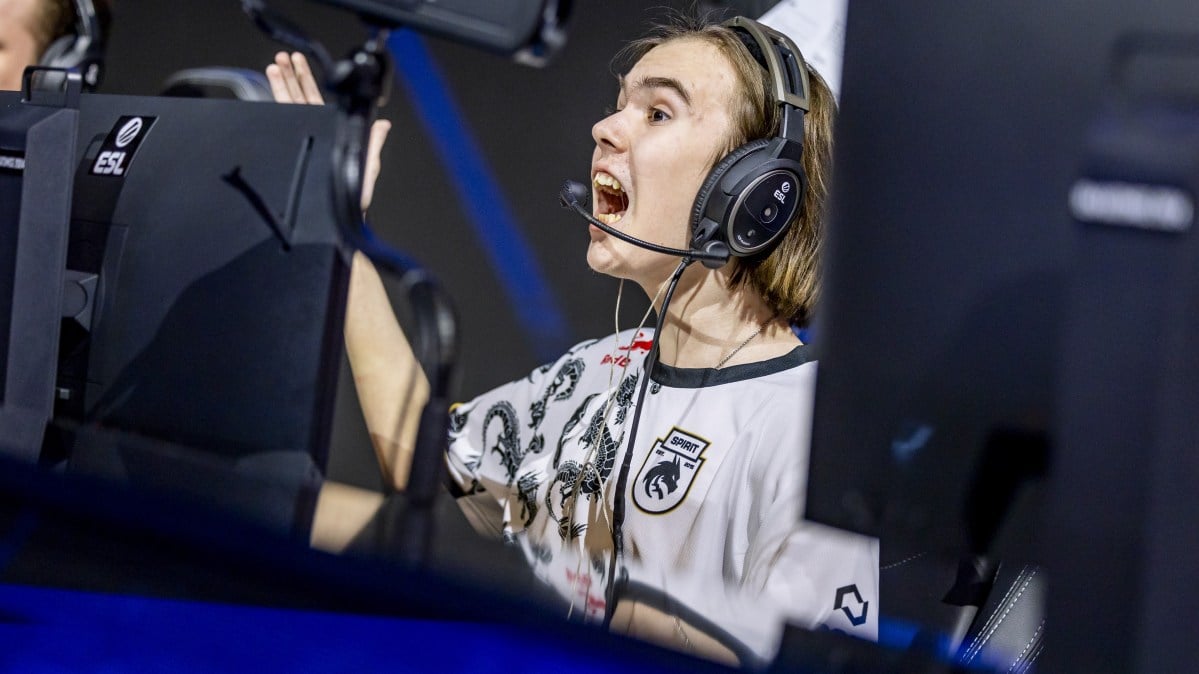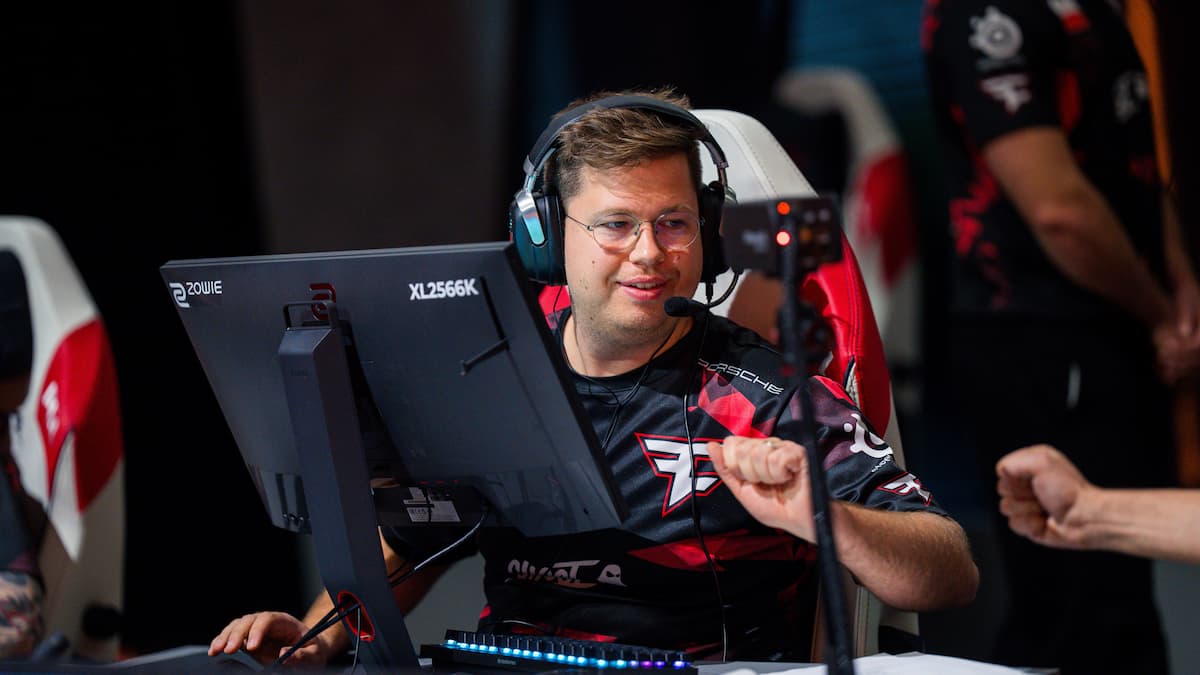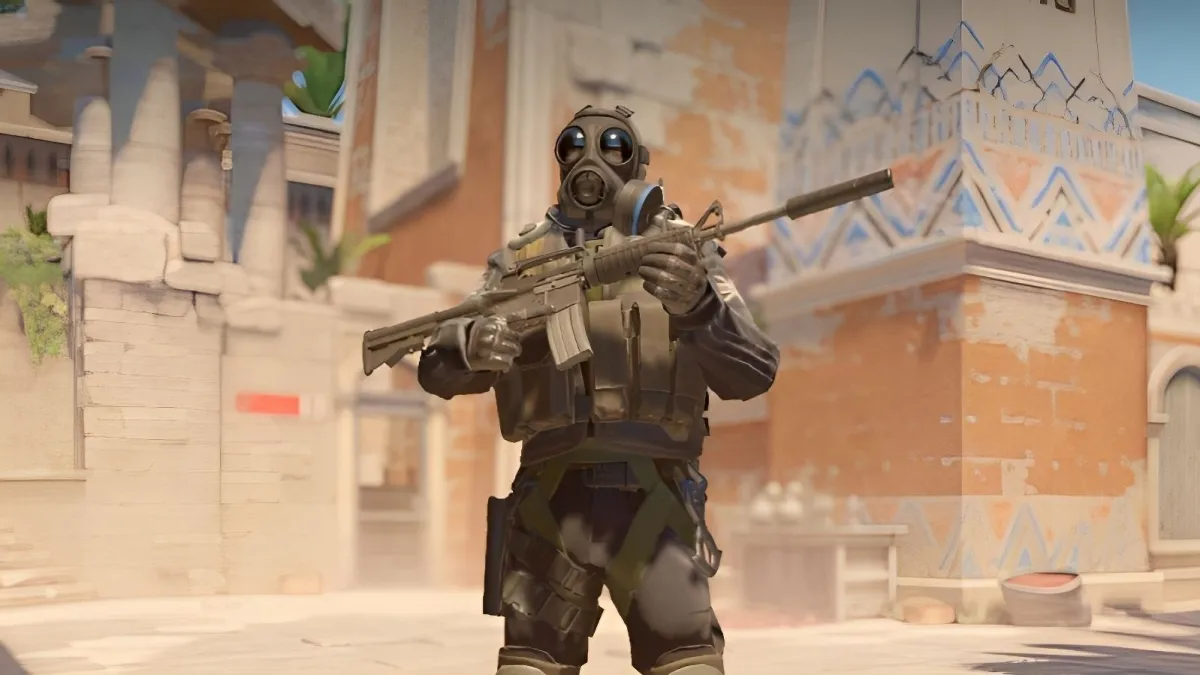The dust has settled in Katowice, Poland, where the first Counter-Strike: Global Offensive major of the year took place. The heavy hitters came through in the end, but not before multiple upsets and comebacks.
Fnatic ultimately prevailed in the grand final, defeating fellow Swedish team Ninjas in Pyjamas by a margin of two games to one. The result said plenty about both teams, and now that the results are all sorted and we’ve had a chance to consider the winners and losers, here are the three big takeaways.
Fnatic may be even better than it’s given credit for
Fnatic has been embroiled in controversy for some time. This included cheating allegations leveled against Robin “Flusha” Ronnquist, which came after a series of bans of top pros and the team’s controversial withdrawal from DreamHack Winter following the use of a disputed boost tactic on Overpass versus the French team then playing under the LDLC umbrella.
Those controversies have gained such prominence that they may have overshadowed just how good Fnatic has been over the past several months.
Dating back to October last year, Fnatic have competed in eight live events against top international competition. In six of those events, they emerged victorious. One of the two in which they lost was the DreamHack tournament from which they withdrew, leaving the side with only one true elimination during that stretch. That came at the hands of Ninjas in Pyjamas at Major League Gaming’s X Games Invitational, and Fnatic were able to get their revenge for that result this weekend in Katowice.
All told, it’s a dominant stretch the likes of which has rarely been seen in Counter-Strike. And when we have seen it, the team involved has always received a lot more acclaim than Fnatic has. This speaks to just how divisive the team has become.
But as controversial as the group has been, there’s simply no denying its dominance. In an age when players, pundits and fans alike all remark on the increase in competition at the top of the scene, Fnatic have somehow managed to rise head and shoulders above the rest. In Katowice, Olof “Olofmeister” Kajbjer was the star of the show, with Ronnquist also making a solid showing after having underperformed since becoming the center of a debate regarding his legitimacy.
We still don’t know if Ninjas in Pyjamas made the right call
There was a lot of discussion after Ninjas in Pyjamas parted ways with sniper Mikail “Maikelele” Bill. The public nature of the divorce, and the seeming lack of respect shown to Bill, only fueled the conversation.
It was all the more strange considering how well Bill had at times played, and that with him on the team, Ninjas in Pyjamas had managed to make the final at two big events, DreamHack Winter and the X Games Invitational. But the organization apparently deemed runner-up finishes unsatisfactory, and Bill was pushed aside in favor of Finnish sniper Aleksi “Allu” Jalli.
Known for his consistency as much as for his precision, some fans saw Jalli as a better fit for the team than Bill’s trademark flash. But with Jalli, the Ninjas found themselves right where they had left off: losing in the final.
Jalli’s own performance was difficult to break down. As Ninjas in Pyjamas stormed through six games to open the tournament unblemished, Jalli often struggled, posting negative scorelines while teammates such as Richard “Xizt” Landstrom flourished. In the final, the tables were turned, as Jalli stepped up to the plate while Landstrom and others faltered. So it was that Jalli’s brightest moments came in defeat while the team was able to make their way into the final without needing much help from him.
It’s hard not to compare Jalli’s performance to that of Bill, and fans of the team will likely be left wondering if they could have edged Fnatic had Bill still been on the roster. That question will never be answered, but for now the question of whether the squad made the right decision in transitioning to Jalli seems almost as difficult.
Nuke has run its course
Should the map Nuke be modified or even removed entirely from the competitive pool? That’s not a new question, but it was revitalized by the tournament in Katowice. Three games stood out in this regard.
Two games in the group stage saw teams storm out to 13-2 halftime leads only to eventually fall in the final rounds of regulation after suffering 14-1 defeats in the second halves. Counter Logic Gaming did it to Hell Raisers first, and were soon followed by Cloud9 staging their own dramatic comeback over Team SoloMid.
But was it really that dramatic? In some ways, the comebacks felt almost scripted. Nuke has become such a one-sided map at the highest level of competition that even a 13-2 lead seems unsafe. Halves are more a matter of waiting to see which team will slip up on their defensive side first, rather than seeing a relatively even battle between two sides.
The biggest shame of all may have come during the quarterfinals, when Brazilian team Keyd Stars challenged local favorites Virtus Pro. After Keyd managed an upset in an exciting second game that went to overtime, Nuke immediately killed the mood. Polish fans in attendance were happy to see Virtus Pro take a 16-1 game after a 14-1 defensive side, but for most spectators it was a disappointing end to what could have been a defining series for the Brazilians.
Valve has proven willing to make significant changes to competitive maps. Both Cobblestone and Overpass have seen reworks since being introduced to the map pool, while Train was removed entirely and has been made available for public play in a newly reworked form, though it has yet to reappear on the competitive stage.
Whether the developer will take the same approach with Nuke remains to be seen. But what we do already know is that the map is sorely in need of some attention.
Screengrab via ESL/YouTube






Published: Mar 19, 2015 01:20 pm